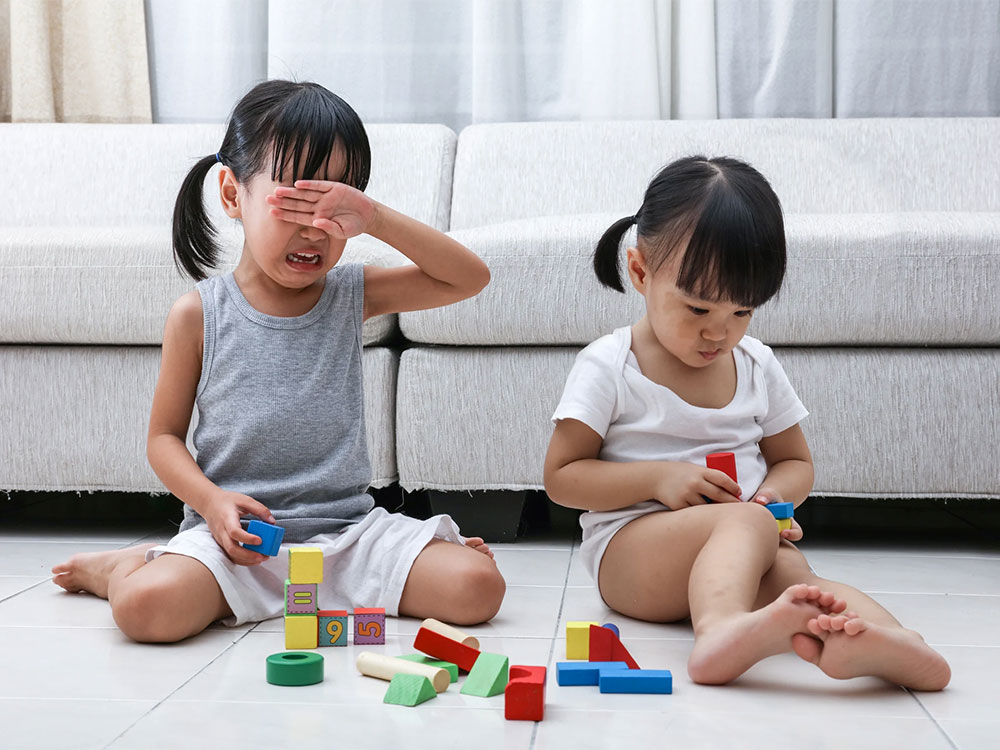
There is no more important activity for preparing your child to succeed as a reader than reading aloud together. Fill your story times with a variety of books. Be consistent, be patient, and watch the magic work.
By the way, have you heard of book rotation?
🌟Reading and seeing the same book is beneficial to your child, however we want to expose them to all sorts and variety of books as well. I’ve been rotating books ever since Kareem was a toddler and I continue to do so until now.
Here is how to do it:
1️⃣Rotate the books on the same day each week.
2️⃣Put books that are on the bottom shelves on top and vice versa. Put books they don’t see much in the front row and the ones in the front at the back. It becomes a little ritual they really look forward to!
3️⃣If you have more than one child, try to have a shelf or space for each of them.
4️⃣Let your child choose what books to rotate helps increase their interest and shows them they have say in some decisions.
💞What’s old is new again. You don’t have to have a collection of children’s books that resembles a small library. When a book is brought out that’s been stored away for a month or so your child will most likely have a completely renewed interest in it.












